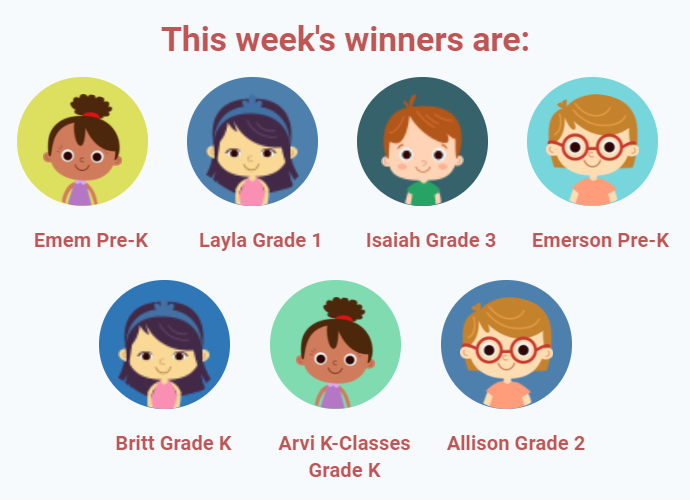Sequencing events Worksheets for Ages 6-9
7 filtered results
-
From - To
Enhance your child's storytelling and comprehension skills with our Sequencing Events Worksheets for ages 6-9. These engaging worksheets are designed to help young learners understand the logical order of events, fostering critical thinking and reading comprehension. Featuring age-appropriate pictures and narratives, each worksheet encourages children to practice arranging scenes in the proper sequence. Perfect for both classroom and at-home learning, these printables contribute to the development of essential skills such as time management, pattern recognition, and organized thinking. Turn learning into a fun and interactive experience with our carefully crafted sequencing activities.
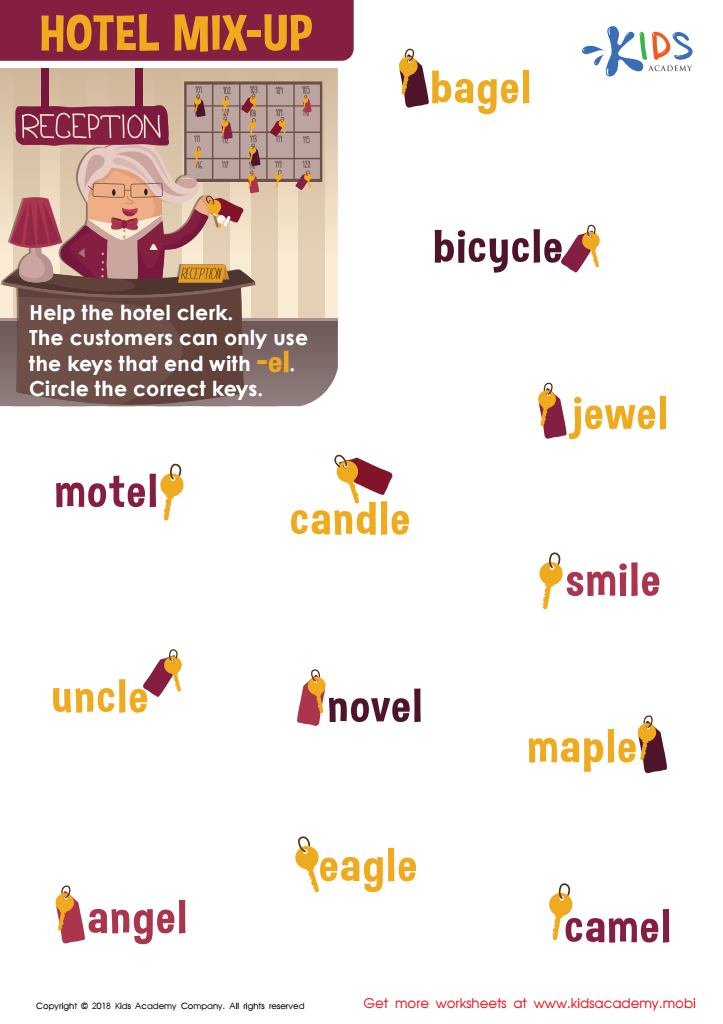

Hotel Mix-up Worksheet
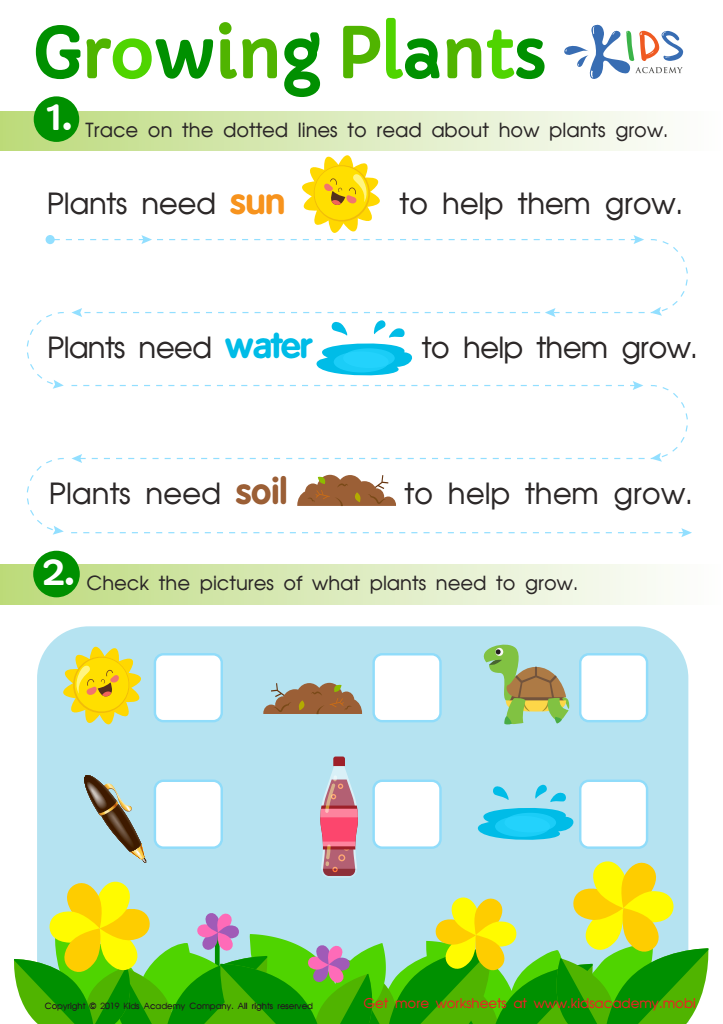

Growing Plants Worksheet
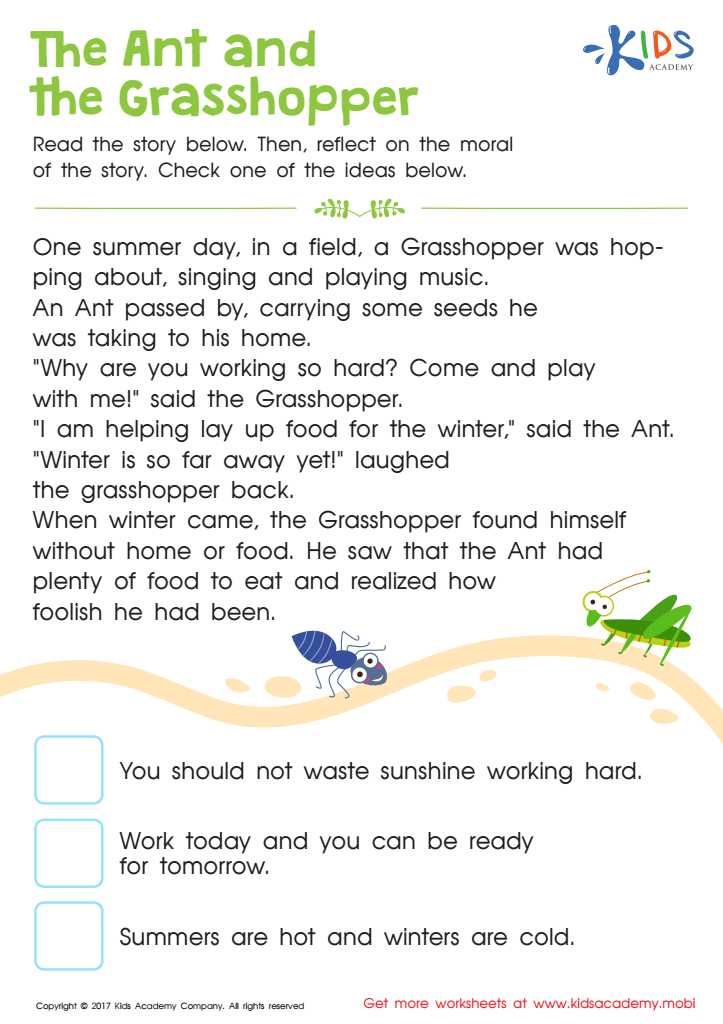

The Ant and The Grasshopper Printable
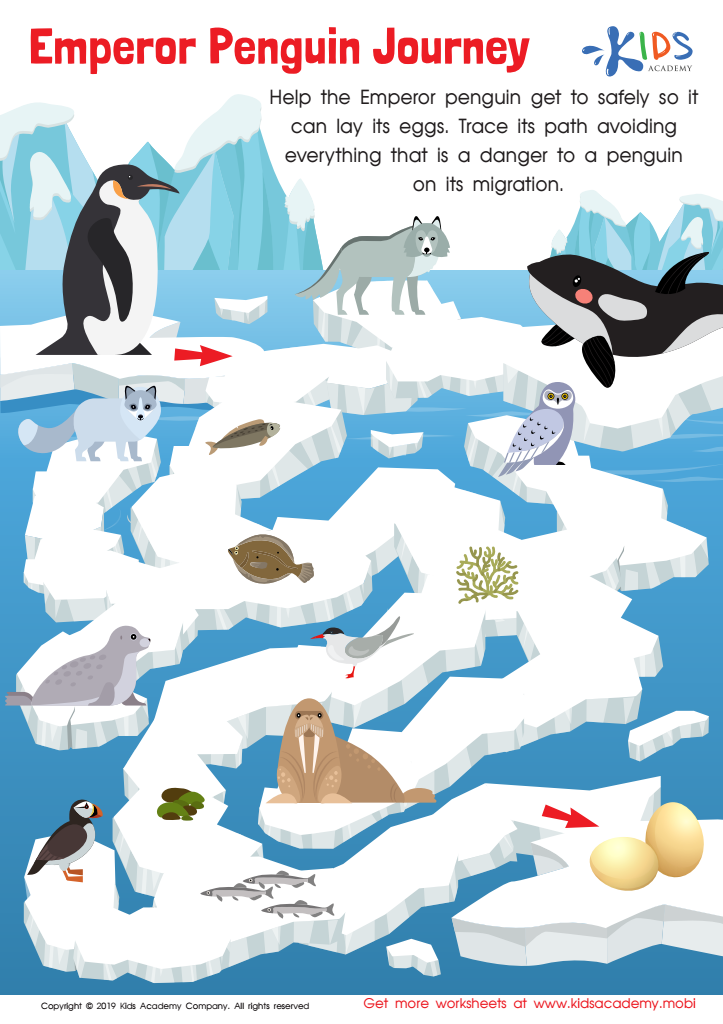

Emperor Penguin Journey Worksheet
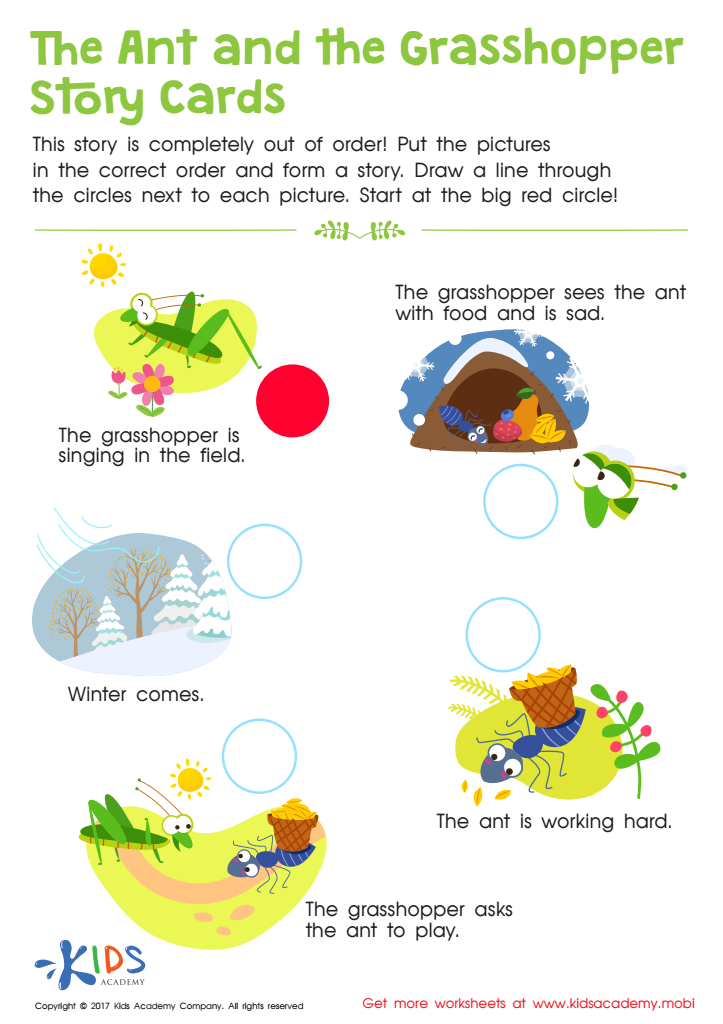

The Ant and The Grasshopper Worksheet
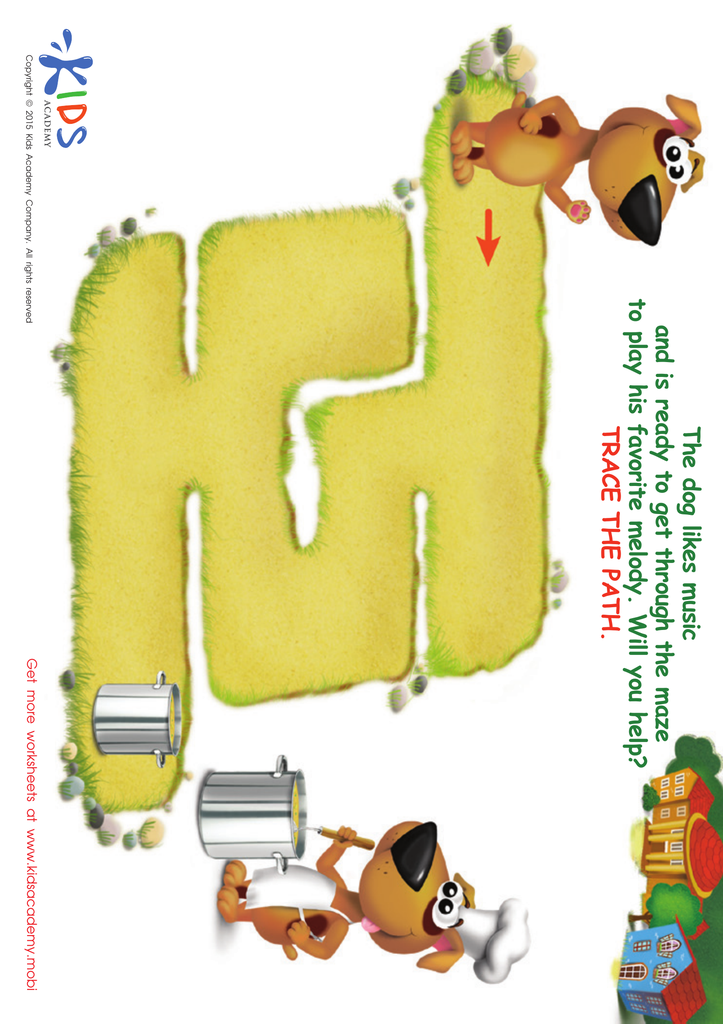

Cook Maze Worksheet
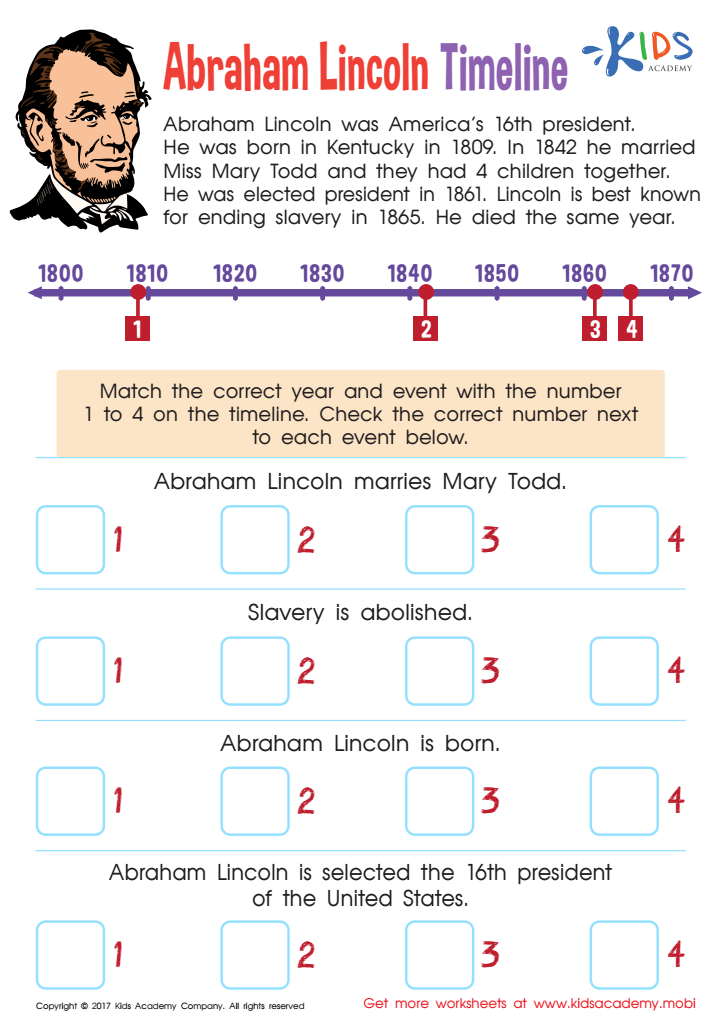

Abraham Lincoln Timeline Worksheet
Sequencing events is a fundamental skill for children aged 6-9, and parents and teachers should prioritize it for several crucial reasons. First, sequencing helps children develop critical thinking skills. By arranging events in logical order, they learn to distinguish cause and effect, understand progression, and build coherent narratives. This can enhance their problem-solving abilities, leading to better academic performances.
Mastery of sequencing also significantly boosts reading comprehension. When children grasp the sequence of events in a story, it aids in understanding the plot, predicting outcomes, and recalling details. This is essential for standardized tests and everyday literacy tasks, making them more confident and adept readers.
In mathematics, sequencing is essential for understanding patterns and numerical order, foundational for more complex concepts like arithmetic and later algebra. Moreover, knowing how to follow step-by-step instructions is vital in subjects such as science, where experiments often follow a specific sequence.
Lastly, sequencing skills are crucial for effective communication. Children who can tell stories or explain processes in a logical order are better understood by their peers and adults. This improves social interactions and boosts self-esteem.
Overall, fostering sequencing skills prepares children for holistic academic success and enhances essential life skills, making it a key area of focus for parents and educators.
 Assign to My Students
Assign to My Students



